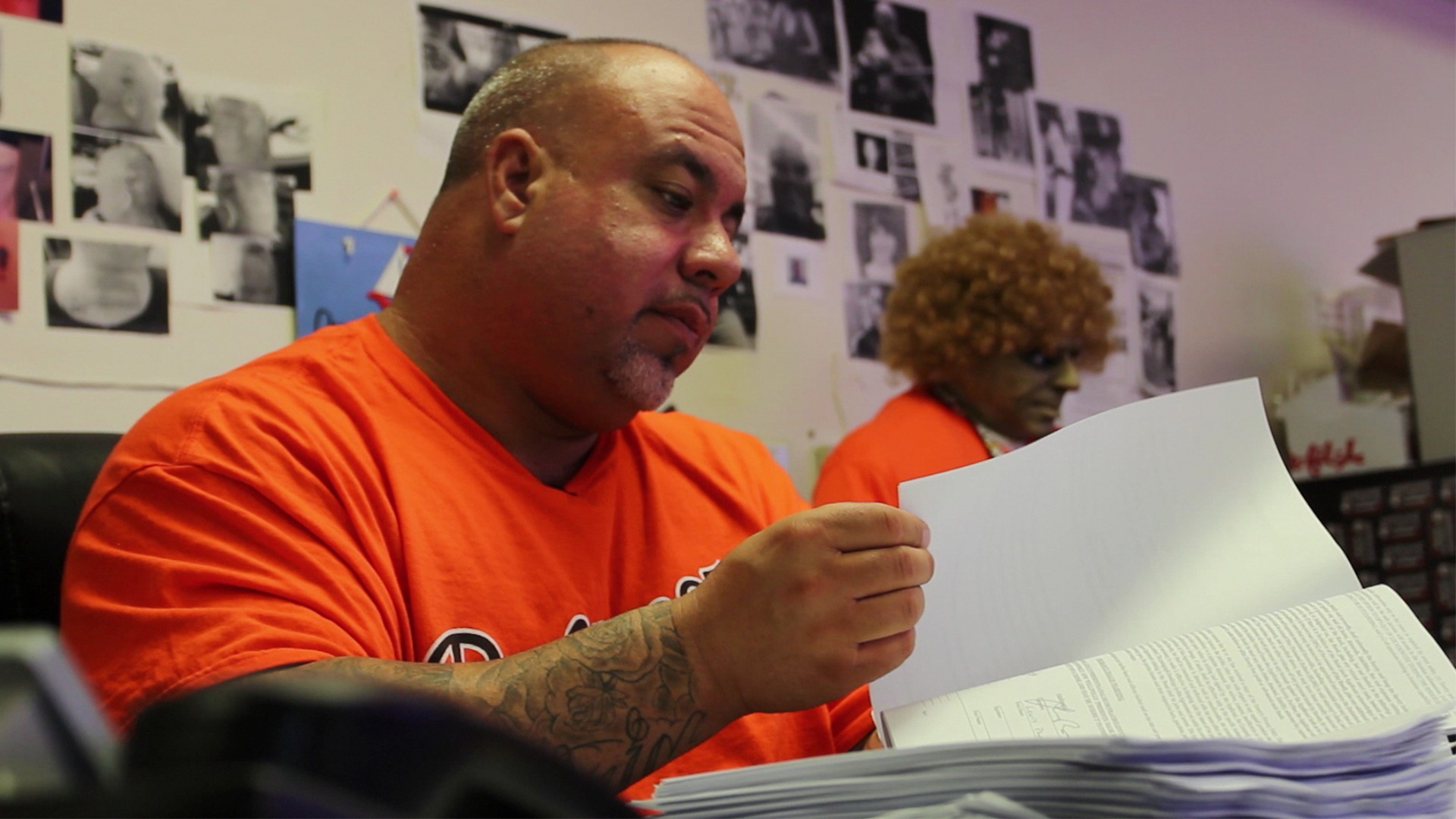It's no secret that what's good for America's business community and Wall Street banks has almost nothing to do with what's good for you. This was true during the brutally violent attacks on striking workers at the height of the Gilded Age, it was true when the Supreme Court nearly killed the New Deal in the 1930s, and it was true after the last financial crisis in 2008. In that most recent case, the Obama administration decided the best way to get the economy going again was to prop up the investor class. That meant rescuing failing or failed banks that had invested in shady financial products comprised largely of underwater mortgages. Nine million foreclosures and a whole lot of human misery later, stocks were roaring again even as the middle class—and especially the African American community—were devastated.

We saw this same dynamic at play this past February, when a massive stock market selloff appeared to be motivated largely (if not entirely) by news that wages were rising. The cynical idea was that better pay might fuel inflation, which in turn could cause interest rates to get spiked by the powers that be, putting the brakes on the economy. Interest rates did go up, but the broader fears were not realized—President Donald Trump continued raving about how a combination of massive tax cuts for the super rich and gutted regulations have saved America from decline. Meanwhile, over the past year, middle-class people saw their (positive!) income gains wiped out by inflation anyway.But it's been a relatively quiet few months, so naturally investors are freaking out again, as the Wall Street Journal just reported on bosses paying workers more:It's not just Goldman—businesspeople of all stripes, in retail, hospitality, and other industries, are miffed that with unemployment so low, they're sometimes having to pay extra to make new hires. This is called a "tight labor market," which is to say a situation where the relative abundance of open jobs and scarcity of available workers gives regular people more leverage to demand higher wages.In the abstract, this might not seem all that remarkable a state of affairs: Of course the rich—the people who do most of the hiring—are annoyed that their profits might take a hit thanks to workers enjoying a tiny bit more compensation. That's capitalism, right? But thanks to weak unions and generally retro labor laws, America is a uniquely bad place to work for a living, even compared to most other industrialized (capitalist) democracies. As Slate's Jordan Weissmann points out, workers tend to reap the benefits of growth not long before periods of rapid expansion flame out. That suggests the system we live in can only handle so much broad-based economic growth that helps non-rich people before investors start to lose their cool.Does that mean we're about to hit a recession? Probably not. Economists I've asked about that in recent weeks told me they suspected the next collapse was still a long way off. But it's getting harder and harder to reconcile the yawning—and growing, according to those same economists and the latest long-term data—chasm between the fate of the investor class and everyone else.It's old hat by now to decry the gap between the lot of the 99 percent and 1 percent. But for many decades it seemed like at least when things were amazing for the richest Americans, they were halfway passable for workers. The last decade showed us what happens when the stock market booms and no one with income below six figures feels the gains. It also revealed what that means for our politics and our culture—more polarization, more nativism, and more vitriol. That trend isn't going anywhere any time soon.Sign up for our newsletter to get the best of VICE delivered to your inbox daily.Follow Matt Taylor on Twitter.
Advertisement

We saw this same dynamic at play this past February, when a massive stock market selloff appeared to be motivated largely (if not entirely) by news that wages were rising. The cynical idea was that better pay might fuel inflation, which in turn could cause interest rates to get spiked by the powers that be, putting the brakes on the economy. Interest rates did go up, but the broader fears were not realized—President Donald Trump continued raving about how a combination of massive tax cuts for the super rich and gutted regulations have saved America from decline. Meanwhile, over the past year, middle-class people saw their (positive!) income gains wiped out by inflation anyway.But it's been a relatively quiet few months, so naturally investors are freaking out again, as the Wall Street Journal just reported on bosses paying workers more:
…the higher costs pose a threat to some US companies that are already facing trade-related tensions and a limited ability to raise prices to keep up with inflation. Fears about rising wages sparked concerns back in February and sent stocks tumbling as investors worried the tightening labor market may finally trigger higher inflation.
Economists at Goldman Sachs predict that every percentage-point increase in labor-cost inflation will drag down earnings of companies in the S&P 500 by 0.8 percent. In total, the bank estimates labor costs equate to 13 percent of revenue for companies in the S&P 500.
Advertisement
